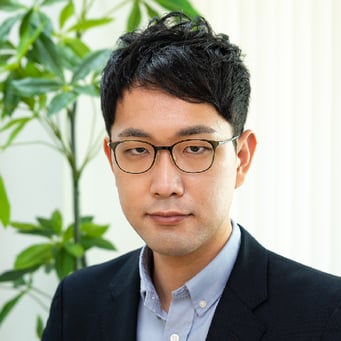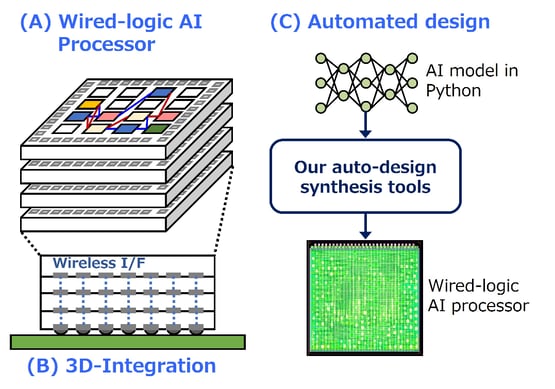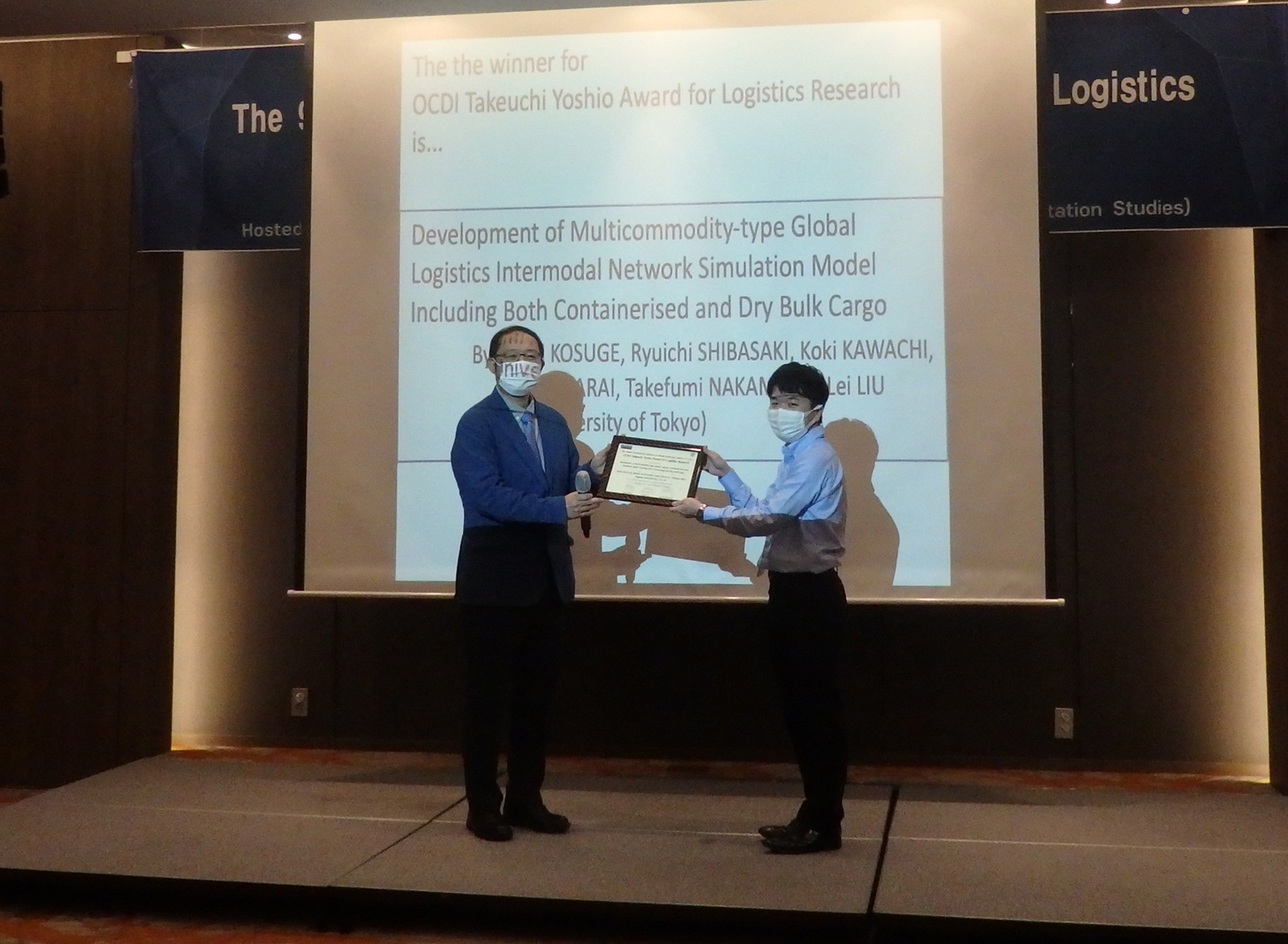Young Faculty / 069
Lecturer Atsutake Kosuge, Kuroda-Kosuge Laboratory, Department of Electrical Engineering and Information Systems

<Biography>
September 2016 : Ph.D. in Electrical Engineering, Keio University
October 2016 : Postdoctoral Fellow, Japan Society for the Promotion of Science (JSPS)
April 2017 : Researcher, Hitachi Ltd.
May 2020 : Senior Engineer, Sony Corp.
January 2021 : Lecturer, Department of Electrical Engineering and Information Systems, School of Engineering, The University of Tokyo
<About the research>
My research topic is low-power AI processor to support a data-driven society.
AI technology is evolving at a rapid pace. While advanced AI technology is expected to bring about technological innovation in all industrial fields, it also poses a serious societal problem: the enormous amount of electricity consumed by AI. Even for training a single large-scale language model, the amount of electricity consumed is equivalent to the output of a nuclear power plant. To utilize AI technology widely in the future to realize a more prosperous society, it is essential to reduce the power consumption of AI.
I am developing semiconductor technology to reduce the power consumption of AI by several orders of magnitude. The data movement between the memory that stores trained AI models and intermediate data, and the processor consumes a large amount of power. To solve this problem, I am developing the following three technologies.

(A) Wired-logic AI processor:
AI algorithms have succeeded in performing a wide variety of functions through neural networks that mimic the neural networks in the human cerebrum. Learning from the latest neuroscience findings, we are developing AI processors called wired-logic processors, in which artificial neurons and synapses are implemented on a semiconductor chip. We have shown that it can reduce power consumption by four orders of magnitude compared to commercially available AI processors.
(B) 3D integration technology:
Tight integration of large memory and large processors is essential for large-scale AI models, especially for training applications. To reduce power consumption associated with data movement between memory and processors, we are developing advanced 3D integration technology. Our proprietary interface technology has already achieved a significant reduction in power consumption.
(C)Automated design technology for the democratization of semiconductors:
Design and development of advanced semiconductors requires a large amount of time and money. Until now, only a limited number of large companies with large capital and experts could develop specialized semiconductor processors. We are developing short TAT, low-cost, and automated design technology to enable a wide variety of players to develop many independent, power-saving semiconductor processors with their own ideas. We are also working with the clean room team in the Takeda Building to improve its production environment so that specialized processors can be manufactured at low cost and in a short period of time. We also hold workshops to enable more people to experience and learn semiconductor design.
<Future Aspirations>
AI and IT technologies play key roles for a smarter society. We will develop semiconductor technologies that provide advanced processing performance with low power consumption to support their advancement. We will promote the democratization of semiconductors, such that many players can participate, and a wide variety of researchers can design and develop their unique chips to realize diversity.
<URL>
Kuroda-Kosuge Laboratory : http://www.kuroda.t.u-tokyo.ac.jp/
Atsutake Kosuge : https://sites.google.com/view/atsutakekosuge/
2021 MIT Technology Review Japan Innovators Under 35 :
https://www.technologyreview.jp/l/innovators_jp/261818/Atsutake-Kosuge/
You May Also Like
These Related Stories

